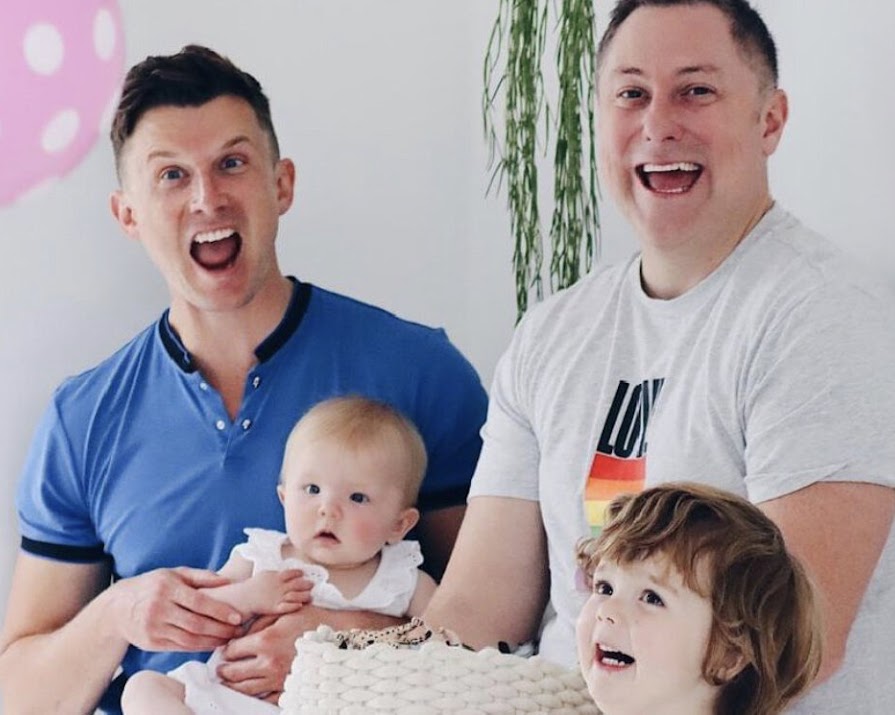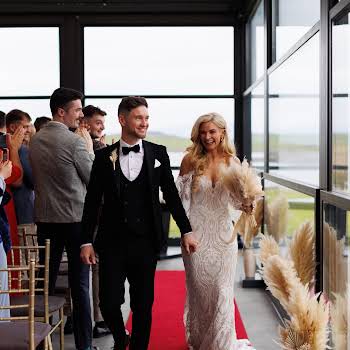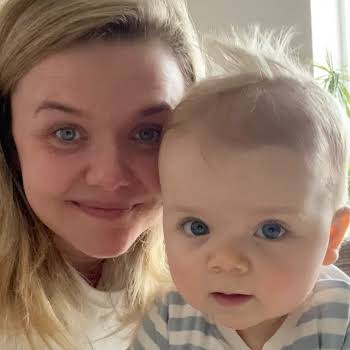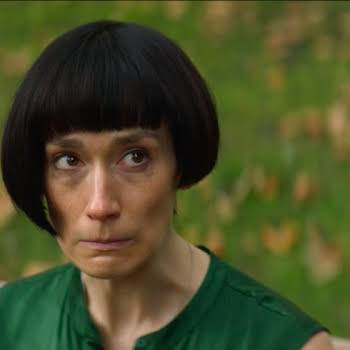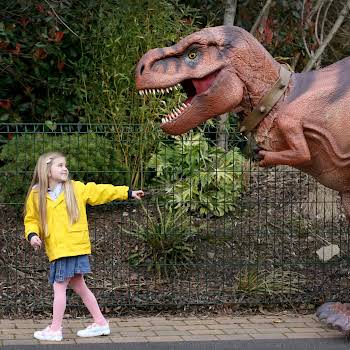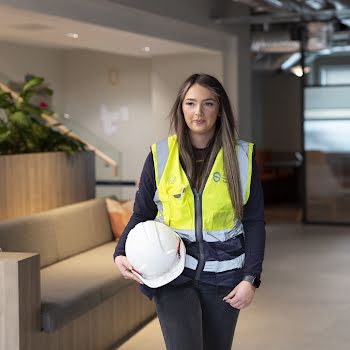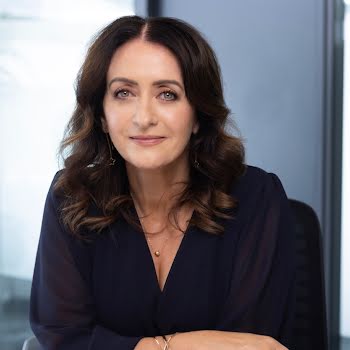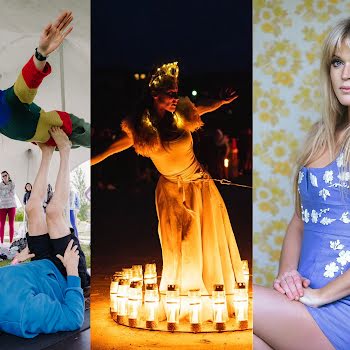
Activists call for equal legal protection for LGBT+ families
By Erin Lindsay
03rd Nov 2020
03rd Nov 2020
60% of children of LGBT+ families have no legal connection to one of their parents
Campaign group Equality for Children has called for the equal legal protection of children of LGBT+ families.
Under the Children and Family Relationships Act 2015, which commenced earlier this year, around 40% of children of LGBT+ families benefit from legal protection and connection to their parents, enjoying the same level of rights as heterosexual families.
This leaves 60% of children, those who fall outside of the Act’s framework, without legal connection to one of their parents. Children excluded from the Act include:
- Children born to male parents
- Children born via surrogacy
- Children conceived or born outside of Ireland
- Children conceived using at-home insemination
- Children conceived using known or anonymous donors.
Some amnesties apply for children born or conceived prior to May 2020.
This lack of legal framework can result in an unknown outcome for LGBT+ families in the case of bereavement or illness.
Last week, Equality for Children met with Minister for Justice Helen McEntee to discuss the progression of equality for LGBT+ families.
Ranae von Meding, CEO of Equality for Children says, “We welcome this meeting with Minister McEntee as a significant step in achieving equality for children of LGBT+ families. We look forward to working together to find sensible legal solutions that are in the best interest of our children”.
“The protections promised in 2015 by the government under the Children and Family and Relationships Act dictate a very particular LGBT+ family makeup. They finally came to fruition earlier this year and the first parental orders were issued early in the summer. This has been a source of enormous relief for hundreds of families. However, it is not enough. Around 40% of children of LGBT+ families benefit from this bill. That leaves the other 60% with no legal connection to one of their parents. Five years after marriage equality – it’s simply not good enough.”
“The reason why this campaign is so important is because many children of LGBT+ parents are still on the dangerous sidelines of grey legislation. We are #StillNotEqual, and our children ultimately suffer the most, until something changes,” Von Meding continued. “We look forward to working with Minister McEntee and her department and we welcome the invitation for a follow-up meeting before the end of the year.” she added.
Photo: McConnon Spratt Family, photo courtesy of Equality for Children
Read more: Vicky Phelan to explore treatments for new tumour diagnosis
Read more: 25 empowering movies that’ll make you proud to be a woman
Read more: Grow your Mo: Everything you need to know about supporting Movember 2020











